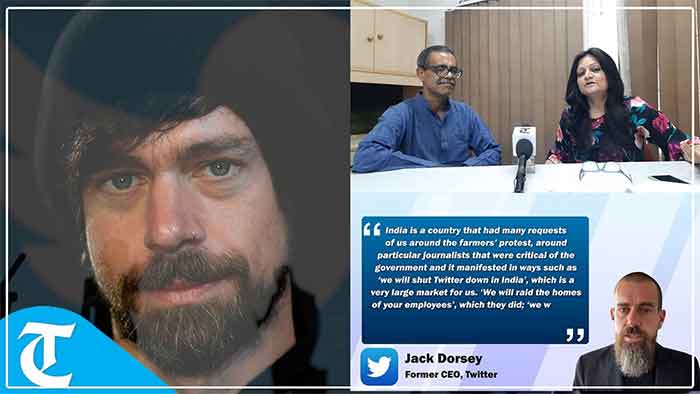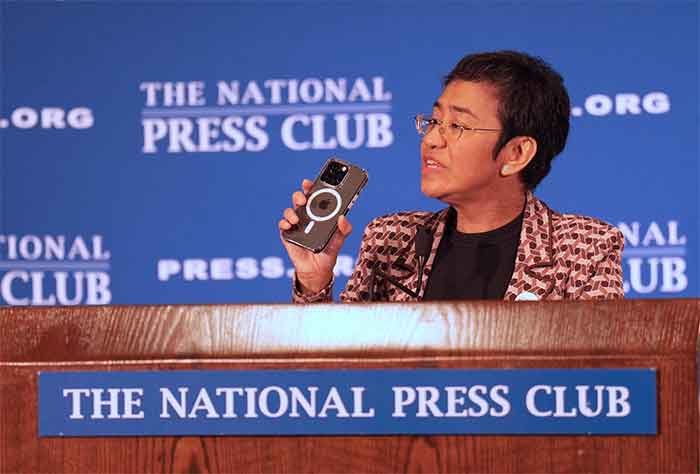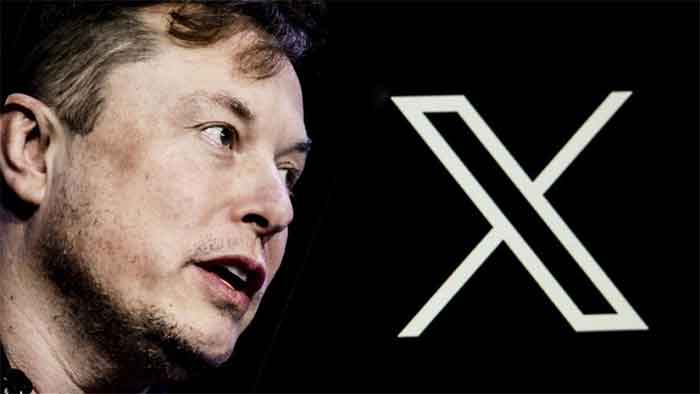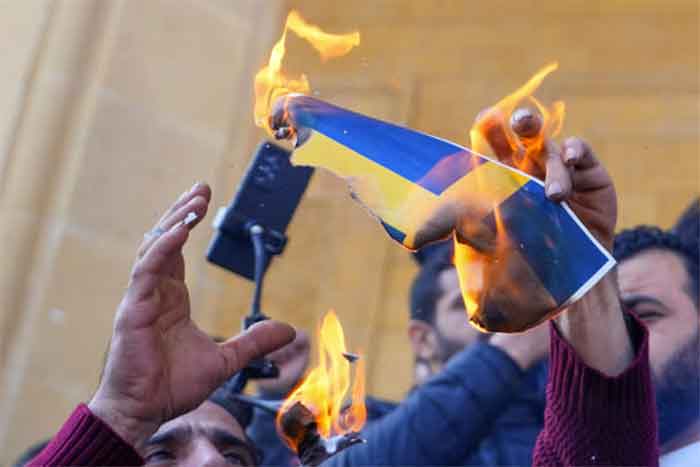
Former Twitter co-founder and CEO, Jack Dorsey, claimed that India had threatened to shut down the micro-blogging site unless it complied with government orders. The ex-CEO revealed this on the US Based YouTube show Breaking Point. Dorsey’s revelations have set off debates on freedom of expression and journalistic freedom in India. Twitter has long been the ground for citizen journalism and online activism. Indian citizens taking to apps such as Twitter is a direct response to the limitations on press freedom and lack of representation in mainstream media.
Jack Dorsey stated that the Indian government had threatened to shut down Twitter if it did not comply with orders to restrict accounts related to the farmers’ protests in 2020-2021 and journalists critical of the government. Dorsey claimed that the government had made various threats, including raiding the homes of Twitter employees and shutting down Twitter’s offices in India. However, Union Minister Anurag Thakur and Minister of State for Electronics and IT Rajeev Chandrasekhar called Dorsey’s comments a “lie” and stated that Twitter had not been complying with Indian law during that period.
Minister Anurag Thakur linked Dorsey’s allegations to a conspiracy to defame India ahead of elections and questioned why Dorsey had not responded to the revelations in the Twitter Files about his bias. Thakur stated that India is the largest and most transparent democracy in the world and accused foreign powers and their agents of destabilizing and defaming the country during election periods. On the other hand, Rakesh Tikait, a prominent figure in the farmers’ protests, stated that it was widely known that accounts would be blocked if they highlighted the stir, suggesting that many accounts remain closed.
Dorsey’s past actions in India, such as holding a placard with “Smash Brahminical Patriarchy” written on it during a visit, further fuelled the controversy. The parliamentary standing committee on information technology, headed by Thakur at the time, summoned Dorsey in 2019 to discuss safeguarding citizens’ rights on social media platforms. However, the summons was also seen as an attempt to address allegations of bias against right-wing accounts on Twitter. It is not just Dorsey and Twitter that the Modi government had to silence, the country’s overall press freedom has seen a tragic decline over the last few years.
Reporters Without Borders (RSF) defines press freedom as the ability of journalists to produce and disseminate news in the public interest without interference or threats to their safety. The recent RSF report highlighted a decline in press freedom indices in several countries, including India. The Indian Women’s Press Corps, the Press Club of India, and the Press Association expressed their concern about the decline in press freedom in the country, emphasizing the important role of media in developing democracies and the need to address working conditions that constrain press freedom.
However, in typical fashion, the Indian government disagrees with the country’s rankings in the World Press Freedom Index. Information and Broadcasting Minister Anurag Thakur stated in Parliament that the government disagrees with both the rankings and the inferences drawn from them. He cited reasons such as a low sample size, insufficient weightage given to democratic fundamentals, and a questionable methodology.
Furthermore, there are concerns about the close relationships between certain companies and the Modi government, which could worsen the situation for press freedom. For example, Mukesh Ambani’s Reliance Industries group, a personal friend of Prime Minister Narendra Modi, owns over 70 media outlets followed by millions of Indians. The recent takeover of the NDTV channel by Gautam Adani, who is also close to Modi, has raised concerns about the lack of pluralism in the mainstream media. This combined with the overpopulation of upper caste Hindu men in mainstream talk shows, leaving no room for representation leaves the citizens at the mercy of social media platforms to tell their stories.
The state has clearly identified the internet, and social media in particular, as a platform for the unheard to raise their voices and dissent. According to Human Rights Watch and the Internet Freedom Foundation, there were 127 internet shutdowns in India between the Supreme Court’s decision and December 31, 2022. Eighteen out of 28 Indian states implemented internet shutdowns at least once during this period, giving India the title of the world’s shutdown capital. The state governments justified these shutdowns in various contexts: 54 were to prevent or respond to protests, 37 were to prevent cheating in school or government job examinations, 18 were in response to communal violence, and 18 were related to other law and order concerns.
Dorsey’s recent claims should act as a reminder of these bitter truths. The rise of social media activism in India is a direct response to the constraints on press freedom and the need for alternative avenues of expression. Social media platforms have become powerful tools for individuals to advocate for change, amplify marginalized voices, access information, mobilize grassroots movements, and protect personal safety. While social media activism has its limitations and challenges, it has emerged as a vital force for driving resistance in dire situations, such as the Farmer’s Protests and the 2020 Delhi riots. It is essential for society as a whole to recognize the significance of social media activism and work toward strengthening press freedom to hold up the pillars of our democracy.
Neha Tuheen is an undergraduate student of International Studies at FLAME University, Pune.
Email: [email protected]














































